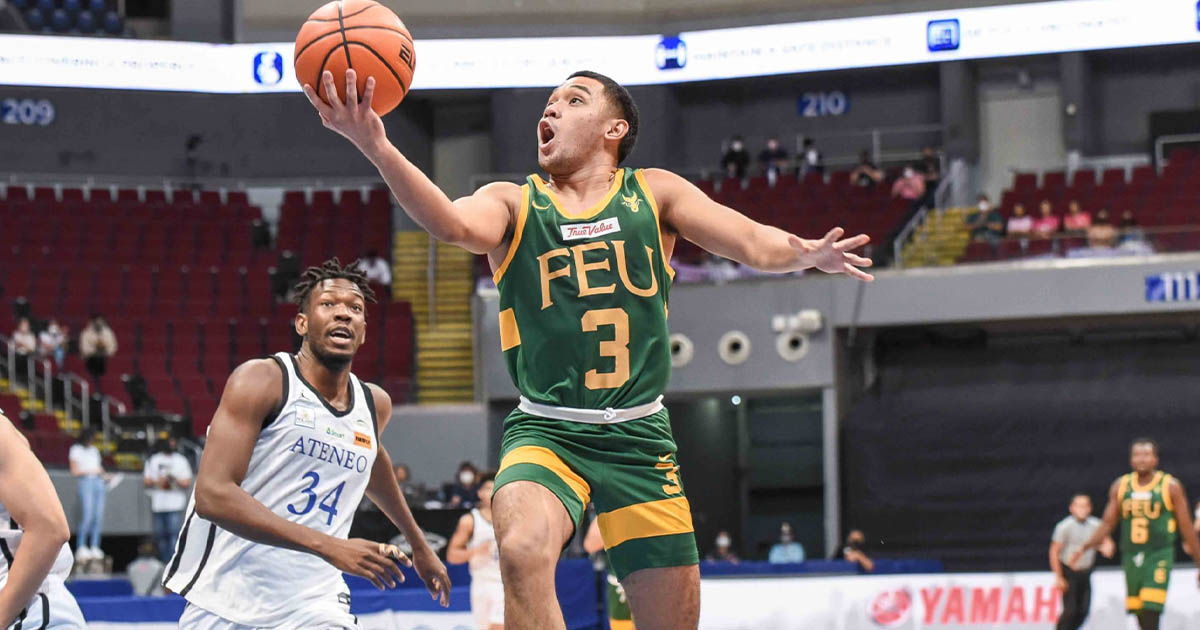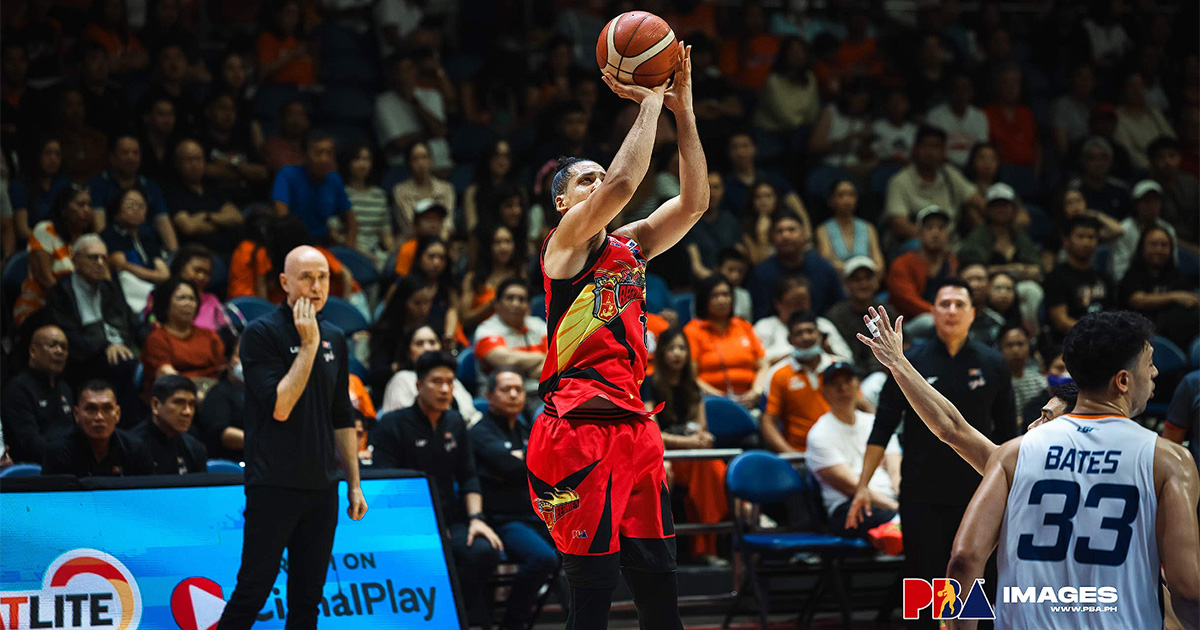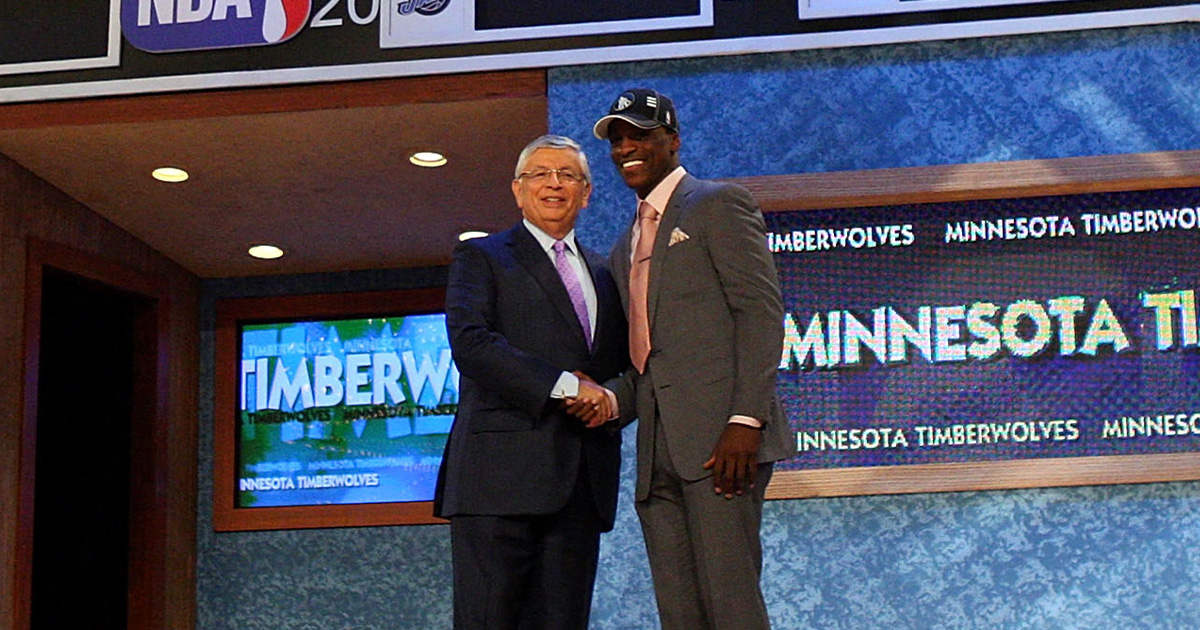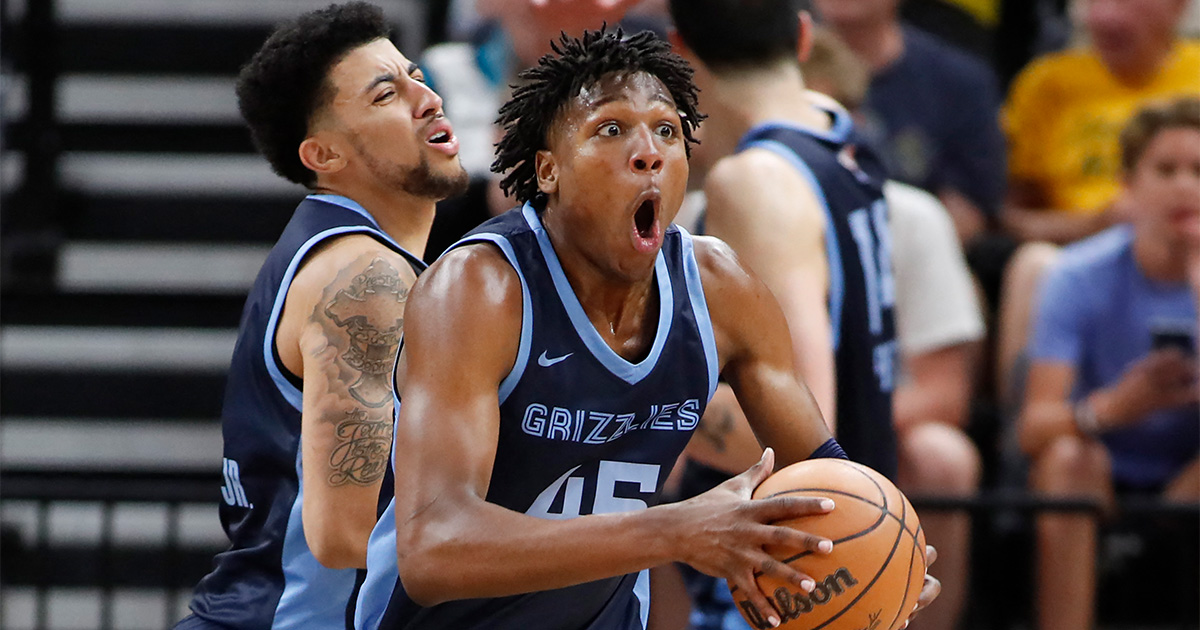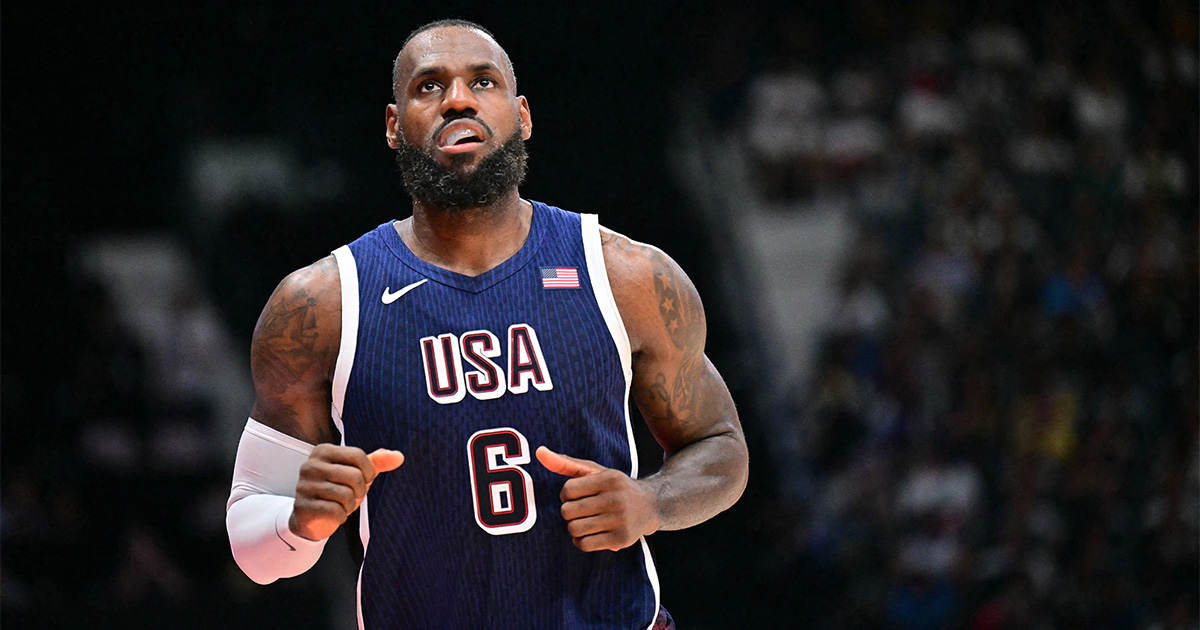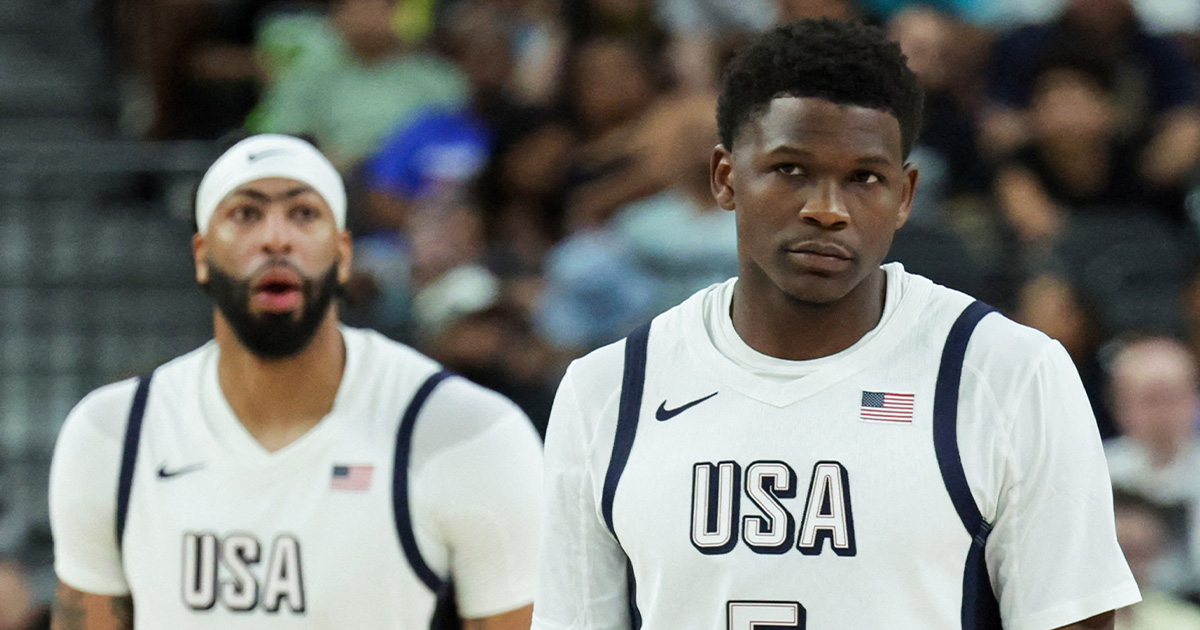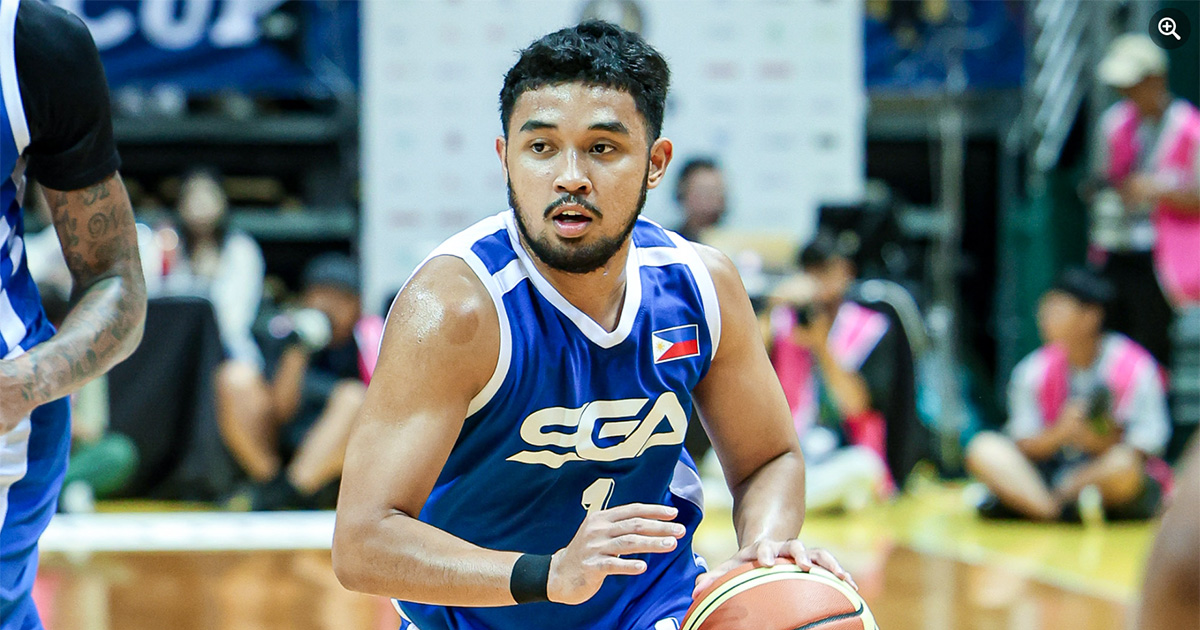Not a week goes by that news will break of another young Philippine basketball player taking his or her talents abroad.
Reports surrounding FEU Tamaraw RJ Abarrientos’ pending move to Korea to suit up for the Korean Basketball League’s (KBL) Ulsan Hyundai Mobis Phoebus is just the latest instance of a basketball player 25 years old or younger moving overseas to play professionally. What makes this move unique is that Abarrientos only played for one UAAP season with the Tamaraws, who ultimately gave their blessing to a player who rose through FEU’s high school program.
It’s highly unlikely that this will be the last player departure this year or even for the next couple of years given the rumors surrounding Abarrientos’ older peers who remain uncommitted to a team. In fact, Abarrientos will be joining former Ateneo Blue Eagle SJ Belangel in the KBL.
On one hand, it is a compliment that other countries greatly value our basketball talent and would thus create opportunities to bring the best talent available to their shores. There is a certain quality with Philippine basketball players that it’s fair to say the talent pipeline never seems to run dry.
But then, the fact that the PBA is losing future stars and potential franchise cornerstones even if for a few years is something that should concern the league and its stakeholders. For the most part though, it seems as if they have cried foul and have had heavy hands in dealing with the situation.

Change is the first order of business with the evolving basketball landscape. Much of it has to do with adapting to current living conditions but things can also be done to how the league is run.
The compensation and incentives packages currently in place are perfect for maybe 2008 or 2012, but with the prices of basic goods and items on the rise, higher pay and other team perks are now a competitive advantage.
With regard to the salary of Filipinos playing basketball abroad, various figures have been circulating across the internet, all of which are higher than the ₱420,000 per month (equivalent to around $7,800) maximum salary offered in the PBA. Further widening the gap was the pay cut most league stakeholders took during the pandemic. Under-the-table deals are likely available for some and not all teams and raising the pay could somewhat even the playing field especially when other teams are capable of paying but would rather play within the rules.
Part of what also drew former DLSU Green Archer Justine Baltazar to sign with the Japan B.League’s Hiroshima Dragonflies was that he could bring his family with him to Japan. That in itself is a great incentive, especially as Baltazar is hoping to set up a better future for his young family. Higher pay could help address this, but creating a better environment (like making it easier for Fil-foreigners to play in the PBA) for the players is the greater objective at hand.
While not entirely related to the situation, a change to the PBA’s format could help. Doing away with the Governors’ Cup and expanding the Commissioner’s Cup to a larger format with more games while making the Philippine Cup to an in-season tournament like England’s FA Cup would be an interesting option, especially since the NBA has already been exploring this kind of format for quite some time. Of course, the appeal of the conferences in their current standing may be the drawback to this change, but at this point, innovation might be the lifeline that can keep the PBA afloat.
Drastic changes will certainly be hard for teams and the league in general, but slow and steady steps to remain competitive with leagues within Asia. A gradual increase in the pay scale of players may be a feasible option especially as teams with smaller war chests will have to make the necessary adjustments. League expansion may be tougher with a higher barrier to entry, but interested prospective team owners would be willing to break the banks especially when the product improves over time.
There are certainly a lot of parties at fault for the exodus of young Philippine basketball players in recent years, but you can’t blame these athletes for taking these lucrative opportunities abroad. It will likely be the status quo for the time being but it’s not too late for the PBA to make adjustments that could raise the Quality of the league and prevent this from becoming a permanent concern.

